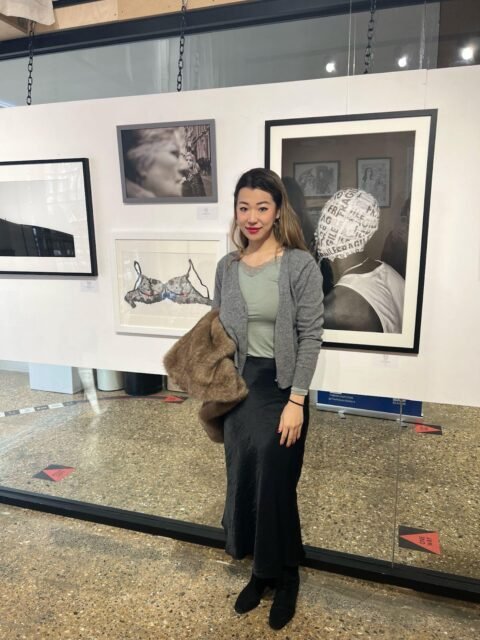Auto Photo Manual: The Art of Car Photography
There’s a process behind the art of car photography, one that Benedict Redgrove knows well. He has shot numerous vehicles such as Aston Martin’s Valkyrie, McLaren 720s, James Bond’s Lotus Esprit, the McMurtry Spéirling as well as the Red Bull RB12 F1 car that shot Max Verstappen to F1 fame. He stages these photoshoots not just in studios but also on locations, factories, and facilities, including Zaha Hadid’s Napoli Afragola railway station and the Salerno Maritime Terminal in Italy, for the launch of Polestar 3.
Benedict Redgrove has learned so much about the process of it all, and he passes on the wisdom of his over two-decade documentation throughout his career in his photo book, Auto Photo Manual: The Art of Car Photography. Spanning 256 pages, the British photographer and filmmaker brings some of the rarest cars from the 20th and 21st centuries into glossy pages, backed by stories that reveal what happened behind the scenes and the images, the how and the why of the projects.
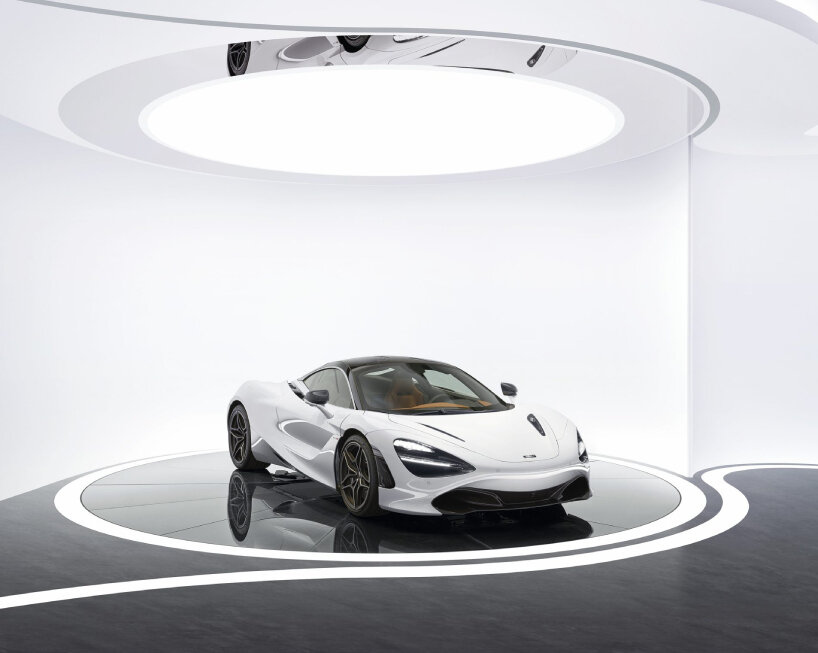
all images by Benedict Redgrove | @benedictredgrove
Photography as a means to show car in detail
Auto Photo Manual: The Art of Car Photography is both a coffee table book and a resource tool. There’s a chapter titled Auto-ism, and here, Benedict Redgrove bares confessions of having a neurodivergent mind. He describes it as ‘being on the spectrum’ and uses all of it and himself as mediums that power his creative process in taking and staging car photography. The book’s not all about him. Parts of it have the British photographer and filmmaker letting readers into the process of shooting vehicles, from advertising commissioning and pre- and post-production to setting up lighting and cameras and working with CGI.
Those who have an eye for what’s visually good might understand how images can play a role in inviting clients to go for a specific car. The same goes for potential buyers. They have specific needs, and they might want to see them first. When they can’t do it in person, they can turn to car photography, and it shows them the frame, the lines, the interior features, everything in between. Sometimes, lenses like Benedict Redgrove’s can capture what the human eye can’t, and vice-versa. They seem to have each other’s backs, armed with a tinge of technology to make the photos clearer or refine some rough edges.
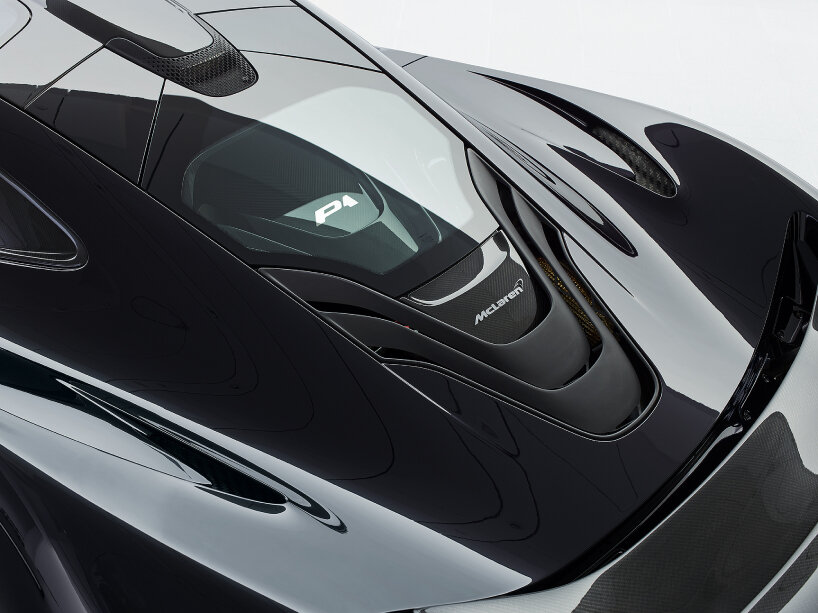
detailed view of McLaren P1
Benedict redgrove on car history with images and case studies
Having a photo book serves as a relic, too. Years go by, and one way to preserve what has already been is to print them all out and bind them in hard copy. At least for Benedict Redgrove, that’s the case, but not all. He leaves a trail behind him for those who want to break through the car photography industry without alienating vehicle fans who may just rifle through the pages for his imagery. He divides his book into sections. There’s a chapter dedicated to Location, Factory and Facilities, Studio, and Full CGI.
Each of them includes case studies of campaigns and projects for Aston Martin, McLaren, Roborace, Bertone, and Pininfarina, to name a few. Image sets of these cars complement the texts, with some showing behind-the-scenes photographs and anecdotes penned by Benedict Redgrove himself about the conception, commission, and creation of each shoot, including the technical post- and pre-production information. Auto Photo Manual: The Art of Car Photography then may be a fitting title: the visuals appease, and the texts inform.
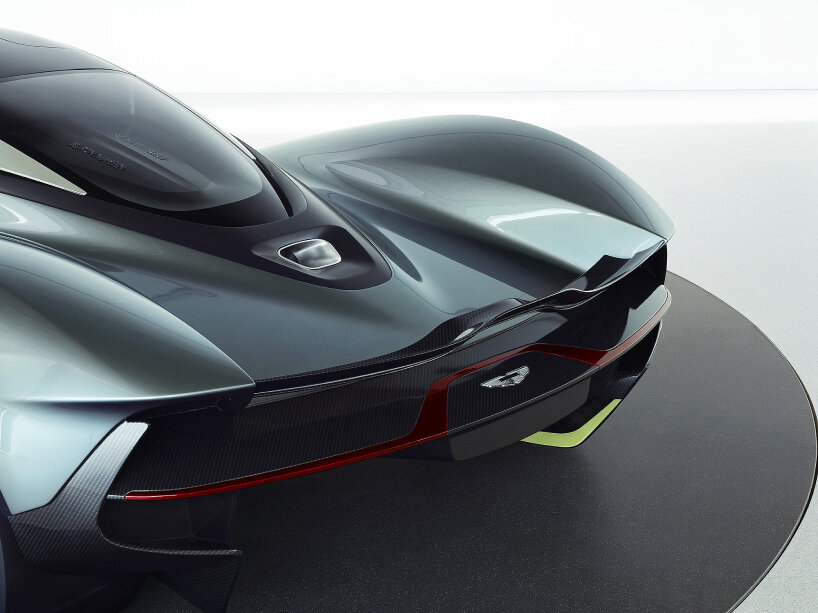
Aston Martin Valkyrie
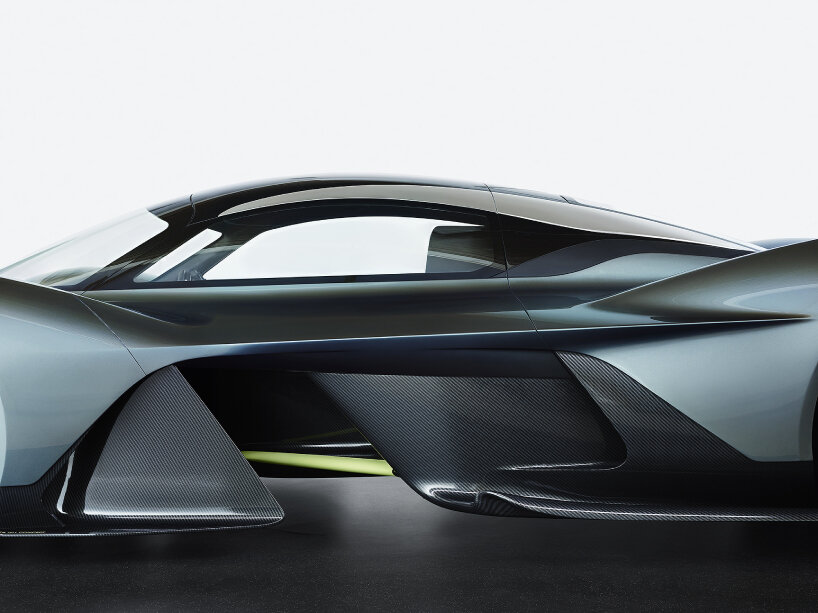
side view of Aston Martin Valkyrie
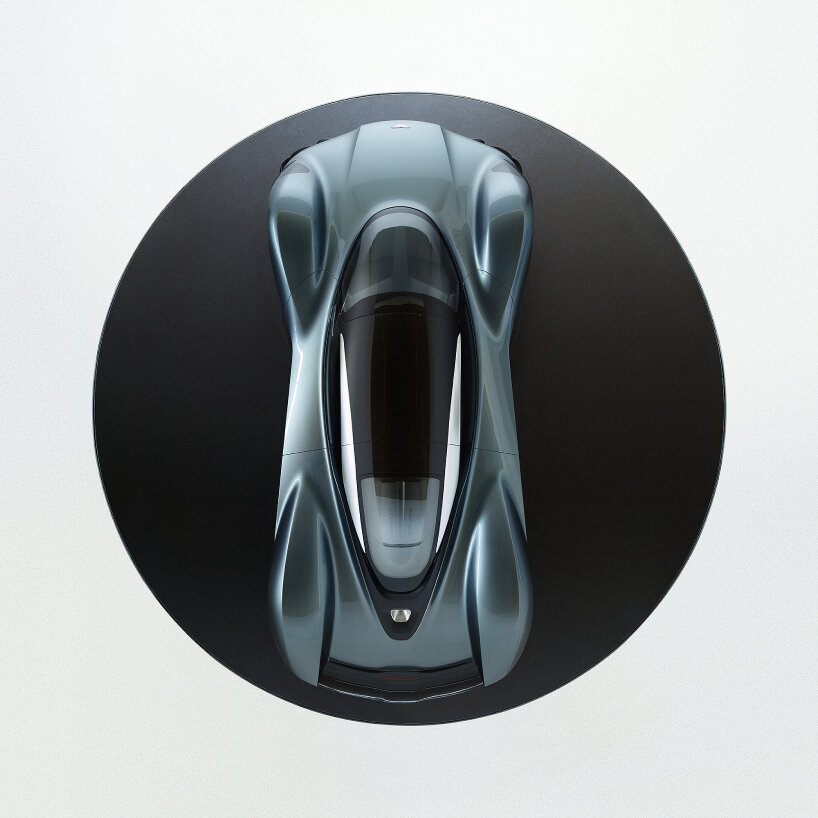
aerial view of Aston Martin Valkyrie
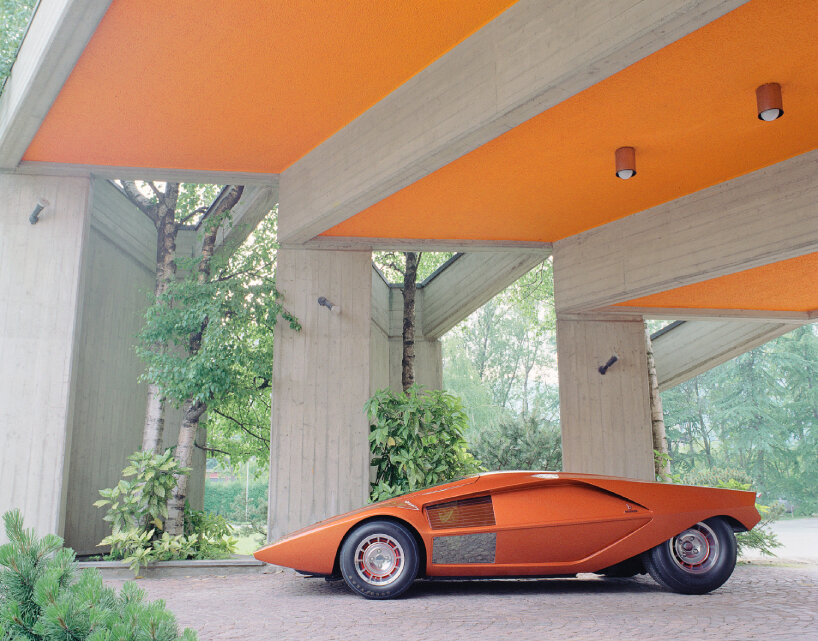
Bertone Lancia Stratos Zero



